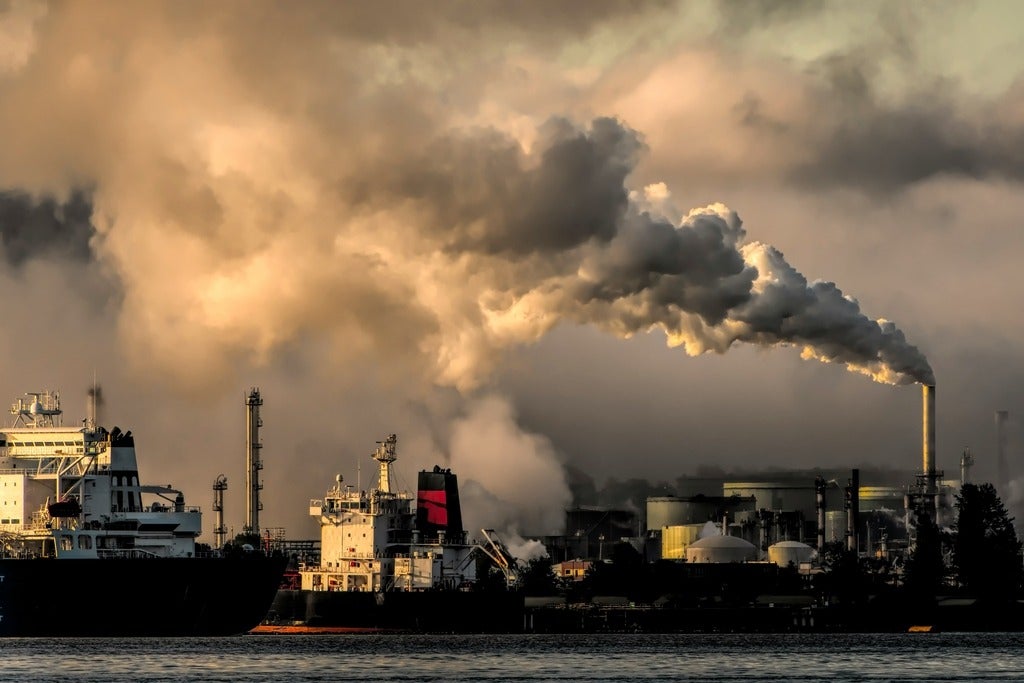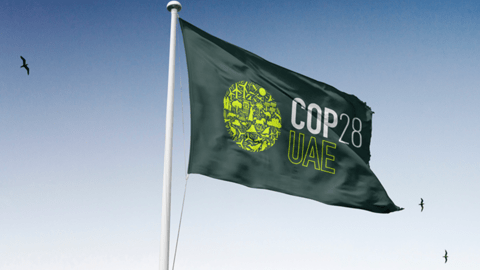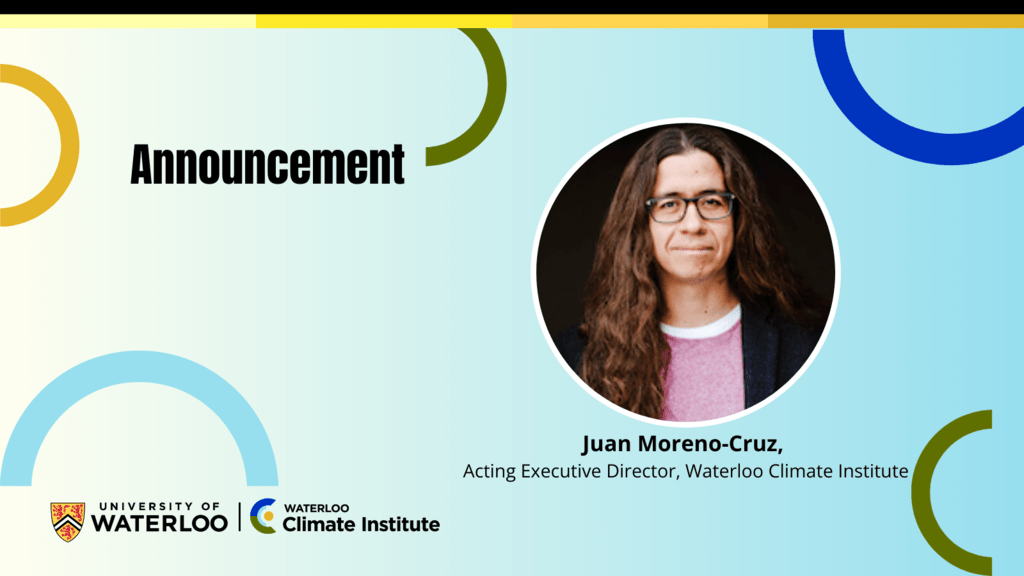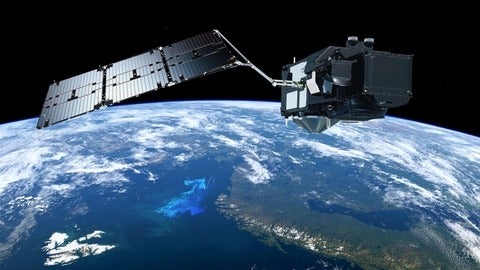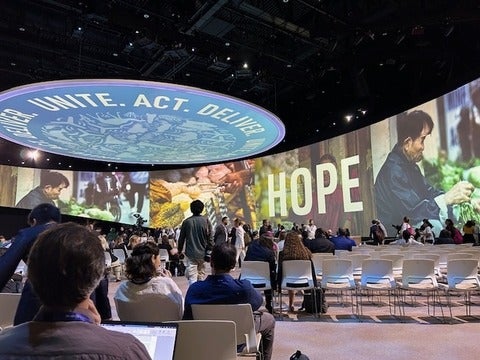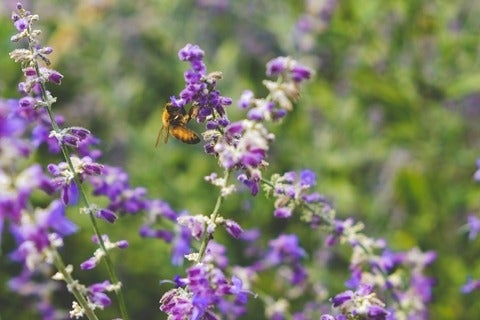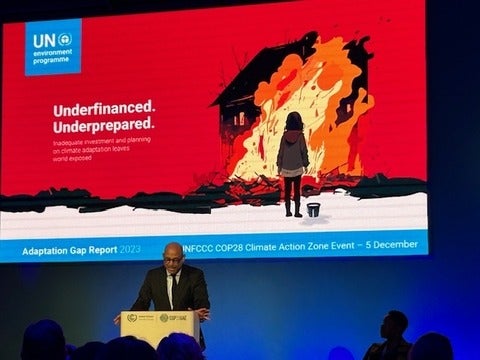Phasing out Fossil Fuels: Columbia signs the Fossil Fuel Non-Proliferation Treaty at COP28
Sarah Greene, a COP28 delegate from the Waterloo Climate Institute and a PhD candidate in the Balsillie School of International Affairs, shares her in person experience witnessing nations take action for #ClimateJustice as Columbia signs the Fossil Fuel Non-Proliferation Treaty.
